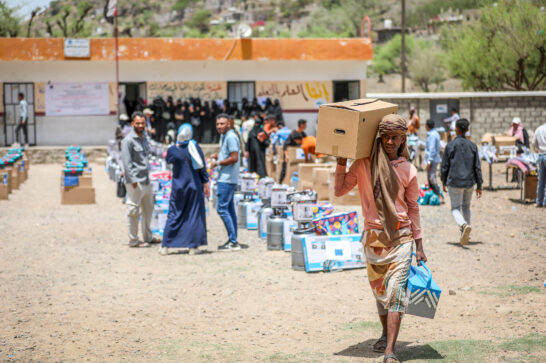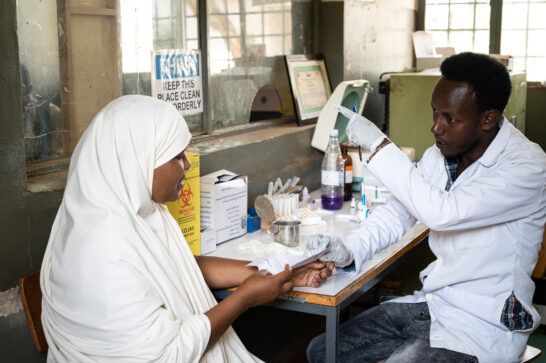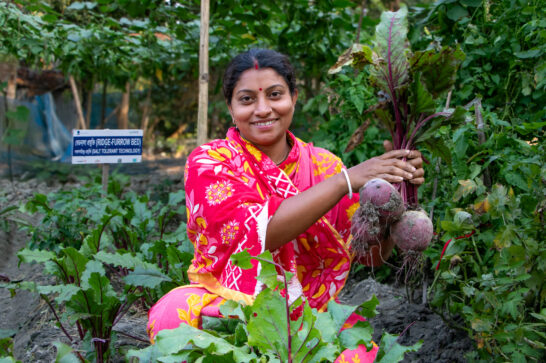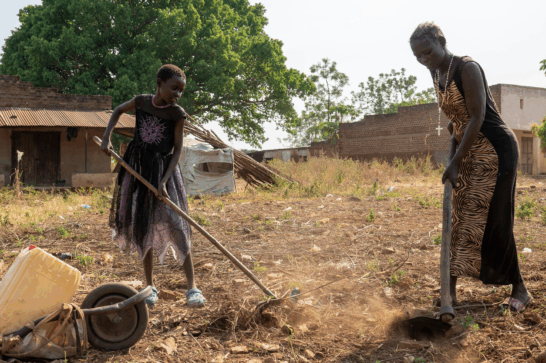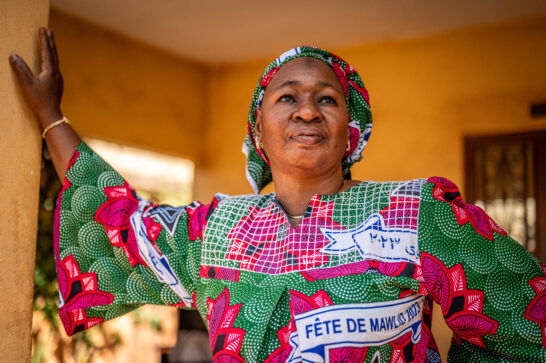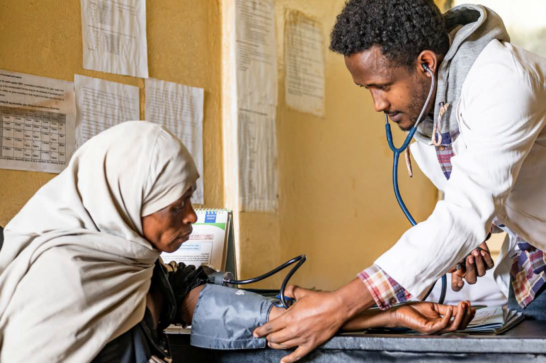Cordaid has been working in Bangladesh since 1972, improving the lives and livelihoods of over 3.5 million people. Our context-specific, climate-sensitive approach enables people living in vulnerable situations to progress through a pathway to sustainable livelihood, reduced inequality, and socioeconomic resilience.

Bangladesh
Results & Indicators
-
3.4 million people supported to increase their income (2024)
-
3.2 million people supported with humanitarian assistance (2024)
-
2.2 million household supported with improved food security (2024)
WHAT WE DO IN BANGLADESH
Food systems
We work with smallholder farmers in food production, value chain development and private-sector engagement. We also connect farmers to producer groups, aggregation centres, markets and online sales platforms. We support people with climate-smart technologies, including salt-tolerant crops, weather forecasting, disaster preparedness and disaster response. With innovative models for waste management and a circular economy, for example, in refugee communities, we provide robust solutions for environmental challenges.
Cordaid also supports small- and medium-sized enterprises by providing business development services and coaching, as well as increasing access to finance and expanding market opportunities. We work closely with the private sector to expand supply chains to remote areas. Through our certified partner organisations, we offer technical and vocational training, as well as educational activities focused on entrepreneurship and leadership development, with a particular emphasis on sustainable employment opportunities.
Health care
We have a strong track record in nutrition, maternal and adolescent health services, universal health coverage, strengthening health facilities and governance systems, and establishing the last-mile distribution of nutritious and hygiene products. To improve sanitation and hygiene, we focus on behaviour change, strengthening local government institutions, entrepreneurship and market-based solutions.
Humanitarian assistance
We employ an innovative approach that focuses on refugees’ self-reliance and fosters social cohesion between them and the host community. Key activities include distributing food, facilitating skills development, connecting refugees and the host community for livelihood opportunities and market access, and upcycling plastic waste.
Watch this video about how we provide ‘green skills training’ in recycling and upcycling to individuals in vulnerable situations. The project turns waste into valuable opportunities, fostering alternative livelihoods while promoting zero waste and environmental sustainability.
WHERE WE WORK IN BANGLADESH
Our core programmes span the most remote districts of the coastal zone, including Satkhira, Patuakhali, Khulna, Bagerhat, and Barguna, as well as Humanitarian Response in Cox’s Bazar. We also operate in Dhaka and Narayanganj. Meanwhile, our lobbying and advocacy efforts extend nationwide.
PARTNERS AND DONORS
Ministry of Agriculture, Department of Agriculture Extension, Department of Environment, Ministry of Disaster Management and Relief, Office of the Refugee Relief and Repatriation Commissioner, Soil Resource Development Institute, Lal Teer Seeds, A. R Malik Seeds, Meera Seeds, Dutch Agro, Bangladesh Agriculture University, Bangladesh Agricultural Research Institute, Bangladesh Agricultural Research Council, Caritas Bangladesh, CCDB, RDRS, GUK, Dhaka Ahsania Mission, WFP, EU, ECHO, GIZ, FCDO, RVO, Coca-Cola Foundation.
CONTACT
Address
House 7 (Flat 5B, 5C)
Road 33, Gulshan 1
Dhaka 1212
Bangladesh
Country Director
Douwe Dijkstra
Email: [email protected]

